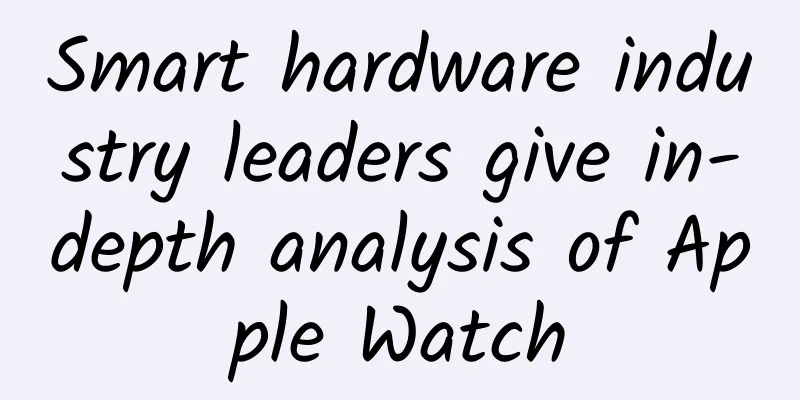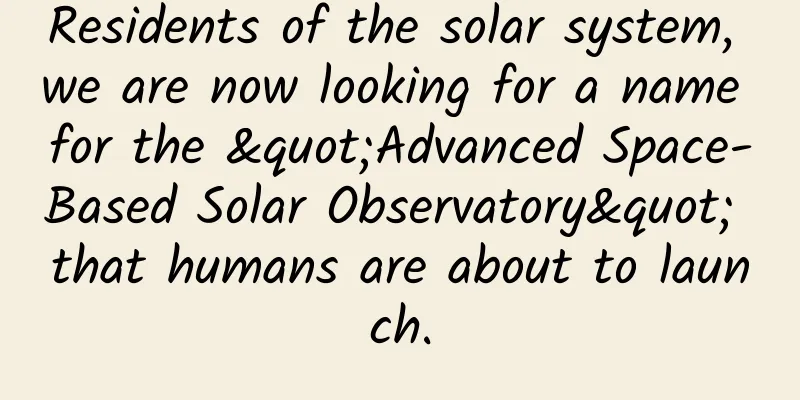How Cook Kills Android

|
It's no exaggeration to say that Steve Jobs didn't like the design teams behind Android or Samsung smartphones. He once vowed to devote all of Apple's resources to a "thermonuclear war" with the rival operating system and the South Korean company. Apple under Tim Cook didn't follow up on Jobs' threat... at least not directly. Cook dismantled the nuclear bomb and instead relied on a long-term strategy to fight Samsung and curb Android's influence. Just as the United States won the Cold War through patience, propaganda, and technological prowess, Cook has contained Android's economic threat to Apple through strategizing, coercion, and strategy. "If necessary, I will burn through my entire life and spend the $40 billion Apple has in the bank to make this right. I will destroy Android because it is a rip-off. I will go to thermonuclear war over this." - Steve Jobs At the time of Jobs' death, Samsung was on a roll. The Galaxy S2 had proven itself in the market, the Galaxy Tab line was gaining traction, and the Galaxy Note pioneered the tablet market. Three years later, Samsung's smartphone revenue and profits were in freefall, down more than 64% year-over-year. Meanwhile, Apple had the most successful quarter of any company in history. In 2015, Apple's lead will only continue to grow. I've already talked about one of the strategies Apple and Cook used to destroy Android. That was to bring smartphones into the 64-bit computing era with the iPhone 5s. At the time of the launch of this product, there was no plan in the Android camp's product roadmap to support 64-bit computing in the near future. Android device manufacturers and component suppliers were inspired to make bold statements that they would follow Apple's example and enter the world of 64-bit computing. They had no choice. Android's success was built on the promise of being faster, better, and more powerful than competing operating systems. If Apple supported 64-bit computing, then Android had to follow. Promises were made, plans were changed, and the Android camp's rush to 64-bit computing began. The effects of that rush are still being felt today: Qualcomm's Snapdragon 810 chipset was expected to lead the way, but production issues have forced manufacturers to delay launches until the third quarter of this year or opt for alternatives (and thus raise compatibility issues with third-party Android apps). By forcing Android vendors to follow Apple's 64-bit computing product roadmap, Apple weakened the Android camp's advantage in chipsets. Android camp's resources, time and development energy were diverted from directly competing with Apple to something that took far longer than planned. Through careful financial management, Apple has built up the resources to invest heavily in component hedges. Apple's ability to source components years in advance and its monopoly on a product's supply have repeatedly allowed the company to drive down raw material costs while limiting competitors' access to new technologies. The only component that Apple has kept secret is the fingerprint sensor, which is why the Nexus 6 doesn't have this iconic feature: …As one might have guessed, former Motorola CEO Dennis Woodside revealed that the Nexus 6 was originally planned to have a fingerprint sensor until Apple stepped in. “The secret behind that was that it was supposed to have fingerprint recognition, and Apple bought the best supplier,” Woodside explained, “so the second-best supplier became the only option for the rest of the industry, and they weren’t good enough.” It’s not just fingerprint sensors that Apple controls. The company has invested heavily in supplies of synthetic sapphire glass, hedged DRAM as effectively as Southwest hedges jet fuel, and is the only company that has access to touch panels, even booking air freight planes in advance for just-in-time shipments, forcing competitors to use slower land and sea routes. If you're competing with Apple, you can't get the best parts to fight them because Tim Cook ordered them years ago when he was Apple's chief operating officer. Now that Cook is the CEO, is it any wonder that Apple continues this ruthless supply chain management? Apple has the best components, leads in many areas of technology, can build near-magical devices, and most importantly, all of this behind-the-scenes work is aligned with Apple's public effort to build the best smartphones it can and sell them in large quantities. Last week, Apple showed that it sold more smartphones than Samsung did last quarter (even though Samsung's broader product portfolio includes feature phones and low-end phones that don't compete directly with Apple). The public is loving the iPhone 6 series, and Apple is making sure to satisfy all potential consumers, if they're willing to pay for it. That's the most interesting part of all of this. Apple has managed to raise the game and build better devices while reducing the choices for Android manufacturers and forcing them into a path that suits Apple more than Android. All the while, Apple continues to make more money from the high-end market and uses that money to prevent any competitor from gaining a foothold. Sony has given up on competing with Apple at the high end of the market and is betting on high-spec products at mid-range prices, a move that has dented the profitability of its Xperia smartphones. Samsung's 2014 profit warning showed the company was increasingly dependent on mid-range and high-end devices, and was losing share in the high-end market where it could generate the most revenue. Android manufacturers are being forced to play the game that Apple wants them to play, with inferior components, distracted engineering staff, and inferior rewards if they succeed. This is Apple's playbook. The eye-catching cover says it will create the world's best magical smartphone. But the content inside will be studied by people in the next few decades as a physical textbook on how to use one's advantages to manipulate a fiercely competitive market. |
<<: Which market makes the most money? Tencent tells you!
>>: Android application source code captures global exceptions
Recommend
Li Xingxing's PR video editing cheats + PR editing score strategy
Li Xingxing's PR video editing cheats + PR ed...
The catering resumption rate exceeds 55%! What should you pay attention to when dining out during the epidemic?
At present, the epidemic prevention and control s...
Bread crumbs scattered on Mars: Hansel and Gretel, please reply!
With "Martian Breadcrumbs" - an unprece...
iQiyi and Youku: The secret of attracting millions of users a day
The eternal topic - the pressure of user growth A...
Turtle Class · Baidu Screen Domination and Traffic Drainage Practical Training Camp Online 1st
Turtle Class · Baidu Screen Domination and Traffi...
The deep relationship between flash vendors and iOS system upgrades, ASO's current problem analysis!
Recently, the iOS market has been relatively calm...
What operations are involved in after-sales maintenance of game server rental and hosting?
What operations are involved in after-sales maint...
In addition to cleanliness, giving the elderly a bath has unexpected benefits!
Taking a bath is a trivial thing that has long be...
The great secret of the boat, the painting tells the story of the rudder and oars!
How did the ship appear? What did the earliest sh...
What is a 404 page? How to set up a 404 page?
Many times when we visit a certain page of the we...
Sony SRF-V1BT Bluetooth Speaker FM/AM Radio Review
Not long ago, Sony (China) Co., Ltd. officially r...
A brief review of the first quarter financial reports of new energy vehicle companies: The gap is widening, who can safely land in the high-speed reshuffle?
Battle reports can be deceiving, but battle lines...
Why is it that no one is interested in the product even though we have exhausted all kinds of marketing methods?
I have learned all kinds of clever marketing tech...
How far are we from the virtual world in "The Matrix"?
Will we be able to place ourselves in various fan...
One of the VIP online earning projects of Louge: Automatically earn money in one minute
Project Introduction: The products targeted by th...









